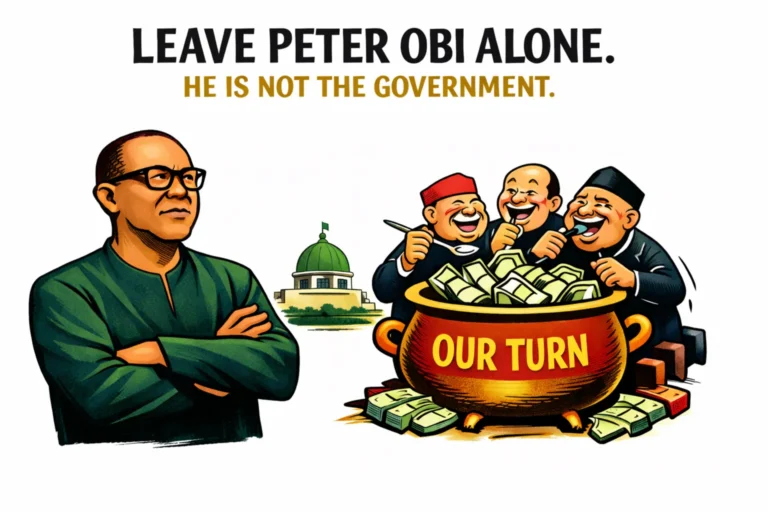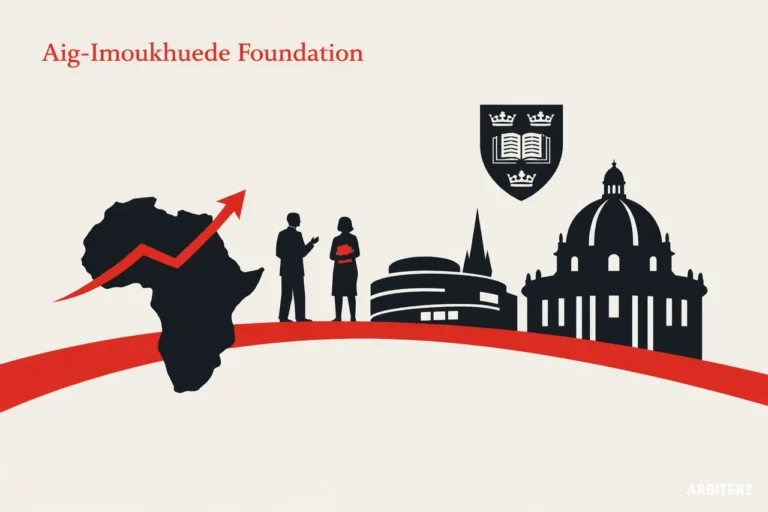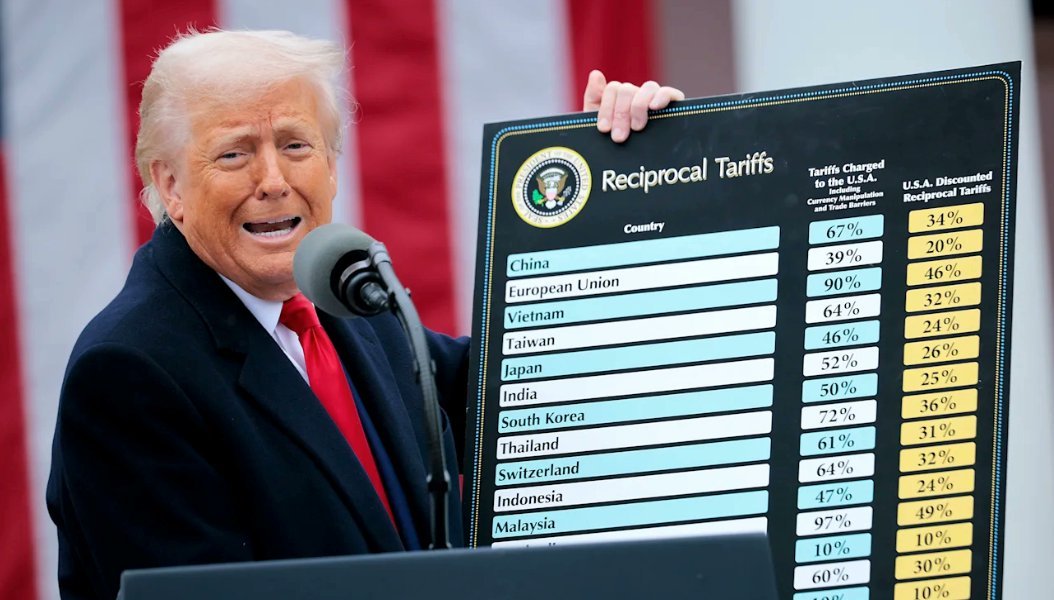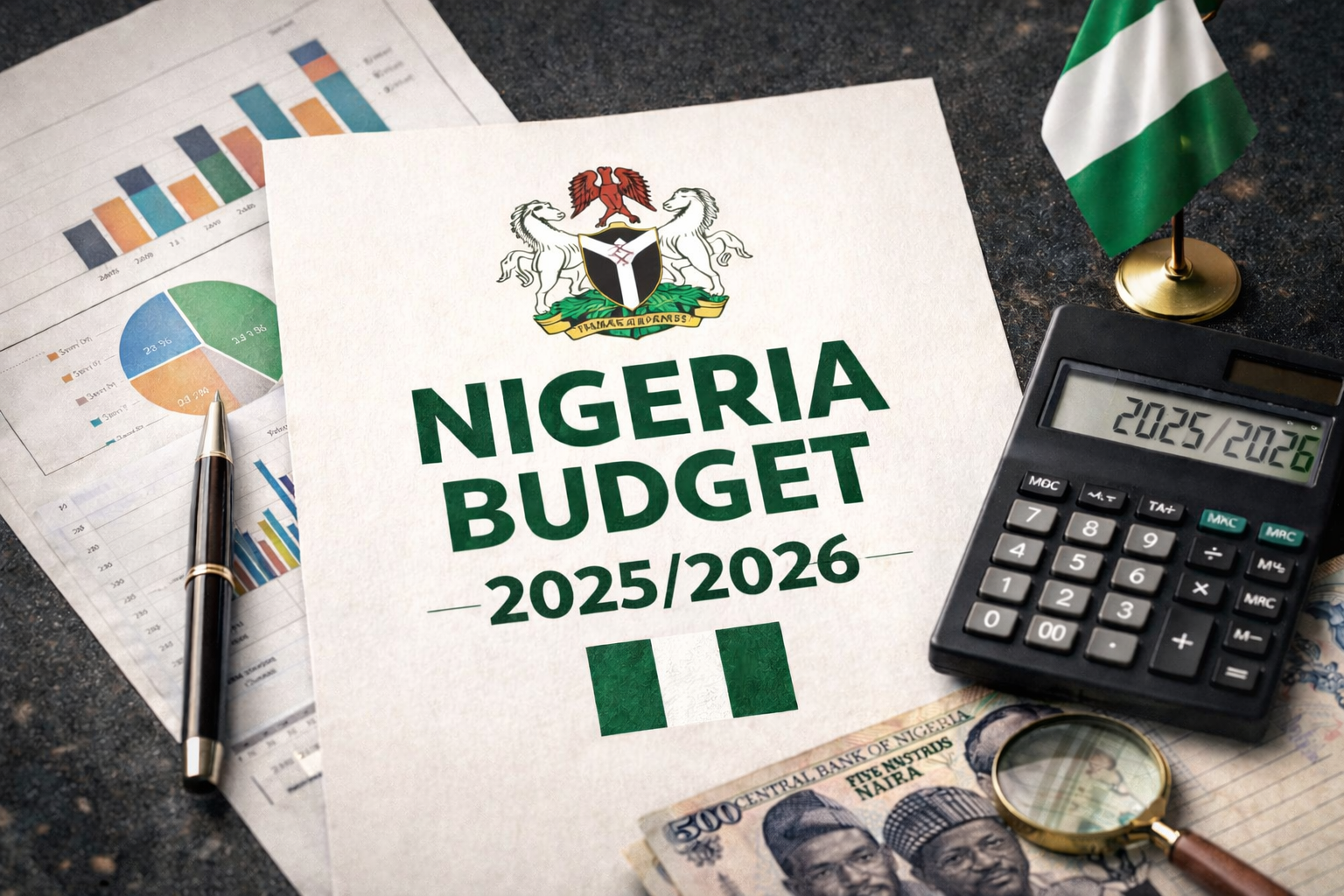Femi Otedola, billionaire businessman and philanthropist, has entered the fuel supply dispute between Dangote Refinery and the Depot and Petroleum Products Marketers Association of Nigeria (DAPPMAN). He urged marketers to embrace change, warning that clinging to Nigeria’s outdated fuel import model will drive them into irrelevance.
In a statement, Otedola said he had followed the debate closely and felt compelled to provide his perspective on the future of the downstream oil and gas sector. He congratulated Aliko Dangote on the early success of his refinery, calling it “a historic leap for Nigeria’s energy independence and economic future.”
Otedola accused entrenched industry cabals of resisting reforms despite history showing that change is unstoppable. “What is DAPPMAN fighting for today? To preserve a model built on fuel imports, subsidy exploitation, and outdated infrastructure? That era is fast disappearing. The setting up of depots was mainly to collect PFIs. No depots, no PFIs (Pro Forma Invoices) from NNPC who were sole suppliers of gasoline (petrol) at the time and which thus led to the breeding of complacent importers whose sole agenda was on arbitrage and subsidy margins.”
He argued that with the end of PFIs, there is no justification for DAPPMAN’s demand that Dangote Refinery should pay N1.5 trillion and pass the burden onto consumers. Instead, he described the refinery as a transformative force akin to Amazon in its disruptive impact on downstream markets.
The billionaire dismissed claims that depots create massive employment. “Depots do not drive employment as some claim. A typical depot employs perhaps five people, gatekeeper included. In contrast, a single filling station can provide jobs to dozens of Nigerians, from pump attendants to cashiers, security personnel, and cleaners.”
He urged DAPPMAN members to focus on scaling last-mile retail outlets instead of defending infrastructure designed for a fuel import economy that no longer exists. He also noted that depots abroad in Amsterdam and Houston are export-oriented, but Nigeria’s new refining capacity renders such infrastructure unnecessary.
Drawing a parallel, Otedola said Nigeria’s cement industry once relied heavily on bulk carriers until local production transformed the market. “The same thing happened in the cement industry. Once Nigeria started producing cement locally, the bulk carriers that used to dock at our ports were retired, many sold as scrap. The same outcome awaits fuel depots.”
He warned that if DAPPMAN fails to adapt, members risk bankruptcy and irrelevance. He advised them to restructure, sell, or invest in new value chains rather than resist the inevitable shift.
Otedola suggested that if the marketers truly believe in competition, they could even acquire the Port Harcourt Refinery and prove they can succeed where NNPC struggled. He cited the Folawiyo Group’s decision to sell its depot and exit early as an example of foresight. “Even in developed markets, refinery operators are downsizing their depot footprint, with many converting them into bonded warehouses or exiting completely and mentioning the case of the Folawiyo Group, known for its foresight and integrity, which sold its depot and exited early. That is strategic thinking.”
He stressed that DAPPMAN had a role in the past but is losing relevance in today’s deregulated and competitive downstream market. “DAPPMAN had its place but today, its relevance is fast fading. We must stop clinging to outdated privileges and focus on a new era built on self-sufficiency, transparency, and sustainable value creation. Aliko’s refinery is not the problem. It is the solution. Let’s move forward.”
Otedola credited President Bola Tinubu for executing full deregulation of the downstream petroleum sector, something no other leader had done. He said the reform has dismantled entrenched rent-seeking, introduced competition, and strengthened transparency in Nigeria’s energy market.
“In a sector long plagued by rent-seeking, subsidy fraud, product diversion, and smuggling, this reform marks a decisive break from the past and lays the foundation for a more efficient and accountable energy market. Yet despite this progress, there are still voices clinging to the old ways. Voices determined to resist change, even when it’s clear the tide has turned.”
Otedola also revisited Nigeria’s troubled subsidy era under former President Goodluck Jonathan. “On subsidy, I personally warned President Goodluck Jonathan that he was being misled. The system was built to benefit depot owners, and DAPPMAN (Depot and Petroleum Products Marketers Association of Nigeria) members became the primary beneficiaries. Over N2 trillion was siphoned through questionable claims, all tied to depot licenses. The policy rewarded neither transparency nor innovation, it encouraged rent-seeking and corruption.”


























